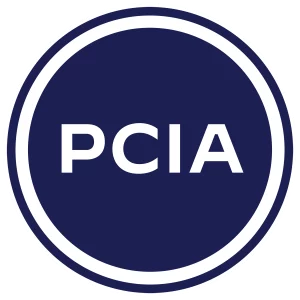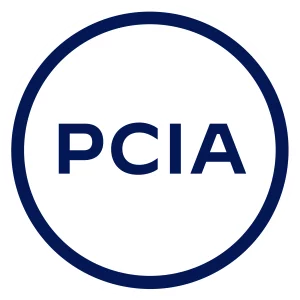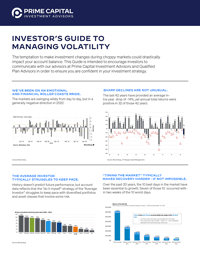It’s often said that saving for retirement is simple, but not easy. Simple because all we have to do is save money. Not easy because it can seem overwhelming. In order to help, we’ve put together eight straightforward tips to help you save more money, therefore potentially increase your retirement savings.
- Save 1% More
Even a small increase in savings can result in a big increase in your retirement nest egg over time. If you earn $50,000 per year, save 1% more (that’s $42 per month) and if you earn 6% annual returns, you will have an extra $57,517 after 35 years.
If you’re closer to retirement than that, that one percent may have to get kicked up a notch, but it’s a place to start.
- Redirect Your Raise
Raises offer an opportunity to boost the amount you are saving for retirement without reducing your take-home pay. The next time you get a pay increase, consider tucking all or at least a portion of it into a retirement account.
This is especially true if you are getting close to retirement. You’ll appreciate that raise a whole lot more when you retire.
- Contribute Your Tax Refund
You can deposit your tax refund automatically into a traditional IRA or Roth IRA using IRS Form 8888. Later, you can elect to apply the IRA contribution to your current tax return or to the following tax year.
This seems like a no brainer. You never had the money in hand so you’ll never miss it!
- Reallocate Windfalls
If you receive a bonus, inheritance, prize money or other windfall of cash, avoid the temptation to spend it immediately. Make a habit of putting all or at least a portion of every influx of cash aside for retirement.
And remember, you can avoid some of the tax implications of receiving windfall money if you tuck the money into a traditional 401(k) or IRA, because income tax won’t be due on the money until you withdraw it from the account.
- Get a 401(k) Match
Talk about your no-brainer. If your employer provides a match to your 401(k) contributions, be sure to contribute enough to qualify for the entire employer matching amount. For instance, if you earn $50,000 per year and your employer matches up to 3%, if you contribute $125 per month to the company 401(k) your employer will put an additional $125 per month in, for a net contribution of $250 per month to your account.
Free money is free money after all. As they say in Vegas, never leave money on the table.
- Claim Tax Breaks
Your money will grow faster without the drag of taxes. You can delay paying income tax until retirement using a traditional 401(k) or IRA, or do the opposite by prepaying taxes now using a Roth 401(k) or Roth IRA so you won’t have to pay income taxes later on the money during retirement.
Be sure to talk with your tax professional as well as a financial advisor who has training in retirement and tax issues so that you can utilize the best approach for your particular situation.
- Pay Lower Fees
Don’t pay more than what is necessary to invest. Use your annual 401(k) fee disclosure statement to identify low-cost funds in your 401(k) plan or shop around for inexpensive index funds for your IRA.
Lower fees mean you get to keep more of your money.
- Cut One Unnecessary Expense
A gym membership you don’t use or an expensive cable TV package you don’t have time to watch are classic examples of costs that are easy to eliminate. Cut at least one unnecessary or duplicative service and funnel that savings into a retirement account instead.
If would like more specific information about how to achieve your retirement goals, don’t hesitate to contact Jason Noble, CFP®, RICP®. Jason holds both CERTIFIED FINANCIAL PLANNER™ and Retirement Income Certified Professional® designations and was named number five out of the Top 100 Solo Advisors to Watch in 2023 by AdvisorHub. You can reach him at (843) 743-2926.
This article is provided for general information only and is not to be construed as financial or tax advice. It is recommended that you work with your financial advisor, tax professional and/or attorneys when tax planning.
Advisory products and services offered by Investment Adviser Representatives through Prime Capital Investment Advisors, LLC (“PCIA”), a federally registered investment adviser. PCIA: 6201 College Blvd. Suite #150, Overland Park, KS 66211. PCIA doing business as Prime Capital Wealth Management (“PCWM”) and Qualified Plan Advisors (“QPA”).
101623004 MAH





